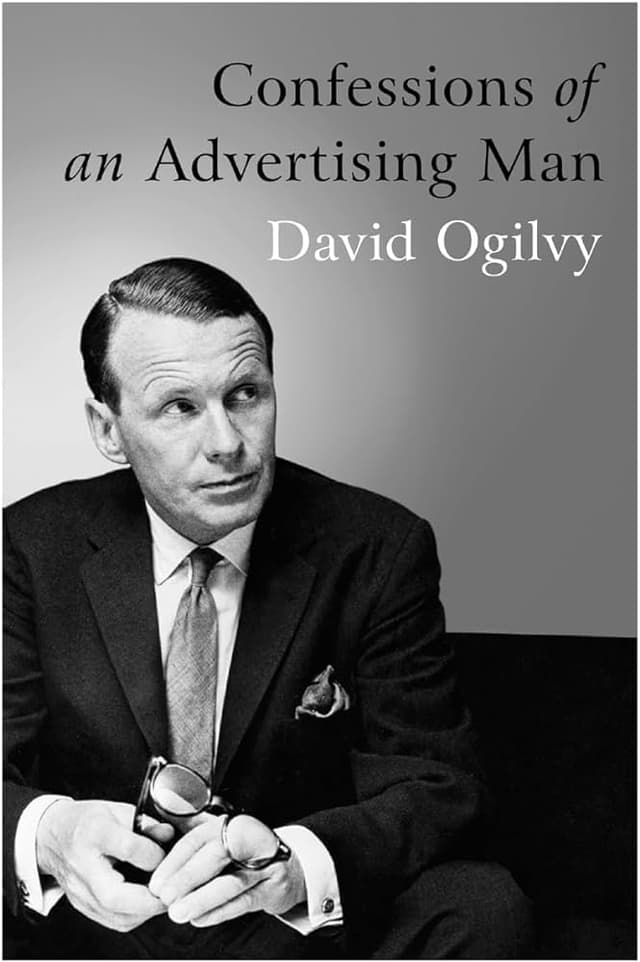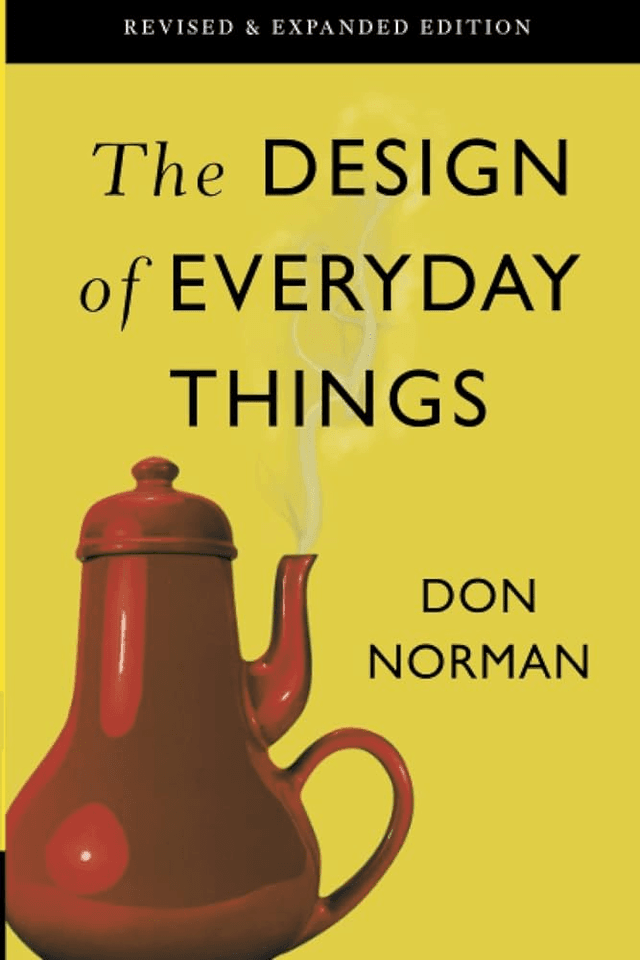Confessions of an Advertising Man vs. The Design Of Everyday Things
Confessions of an Advertising Man
David Ogilvy was considered the "father of advertising" and a creative genius by many of the biggest global brands. First published in 1963, this seminal book revolutionized the world of advertising and became a bible for the 1960s ad generation. It also became an international bestseller, translated into 14 languages. Fizzing with Ogilvy's pioneering ideas and inspirational philosophy, it covers not only advertising, but also people management, corporate ethics, and office politics, and forms an essential blueprint for good practice in business.
The Design Of Everyday Things
Even the smartest among us can feel inept as we fail to figure out which light switch or oven burner to turn on, or whether to push, pull, or slide a door. The fault, argues this ingenious -- even liberating -- book, lies not in ourselves, but in product design that ignores the needs of users and the principles of cognitive psychology. The problems range from ambiguous and hidden controls to arbitrary relationships between controls and functions, coupled with a lack of feedback or other assistance and unreasonable demands on memorization. The Design of Everyday Things shows that good, usable design is possible. The rules are simple: make things visible, exploit natural relationships that couple function and control, and make intelligent use of constraints. The goal: guide the user effortlessly to the right action on the right control at the right time. The Design of Everyday Things is a powerful primer on how -- and why -- some products satisfy customers while others only f...


Reviews
Reviews
| Item | Votes | Upvote |
|---|---|---|
| Advertising Bible | 1 |
| Item | Votes | Upvote |
|---|---|---|
| No cons yet, would you like to add one? | ||
| Item | Votes | Upvote |
|---|---|---|
| No pros yet, would you like to add one? | ||
| Item | Votes | Upvote |
|---|---|---|
| No cons yet, would you like to add one? | ||
Frequently Asked Questions
'Confessions of an Advertising Man' by David Ogilvy is highly regarded in the advertising industry and provides valuable insights on advertising, people management, and business ethics. It is particularly useful for entrepreneurs interested in marketing and advertising strategies. On the other hand, 'The Design Of Everyday Things' by Don Norman delves into the principles of good product design and usability, which are crucial for creating user-friendly products. The better choice depends on whether the entrepreneur is more interested in advertising strategies or product design.
'The Design Of Everyday Things' by Don Norman offers more practical advice for product design. It focuses on usability and cognitive psychology, providing guidelines for creating products that are intuitive and user-friendly. 'Confessions of an Advertising Man' by David Ogilvy, while insightful, centers on advertising and marketing rather than product design.
'Confessions of an Advertising Man' by David Ogilvy is more focused on advertising strategies. It covers various aspects of advertising, including creative processes, client management, and effective communication. 'The Design Of Everyday Things' by Don Norman, however, is centered around product design and usability.
Both 'The Design Of Everyday Things' by Don Norman and 'Confessions of an Advertising Man' by David Ogilvy are considered classics in their respective fields. 'The Design Of Everyday Things' is a seminal work in the field of design and usability, while 'Confessions of an Advertising Man' is a foundational text in advertising and marketing.
'Confessions of an Advertising Man' is a seminal book written by David Ogilvy, widely regarded as the 'father of advertising.' First published in 1963, the book revolutionized the advertising world and became a bible for the 1960s ad generation. It covers a wide range of topics including advertising, people management, corporate ethics, and office politics, and serves as an essential blueprint for good practice in business.
The pros of 'Confessions of an Advertising Man' include its status as an 'Advertising Bible,' offering pioneering ideas and an inspirational philosophy that has influenced many in the advertising industry. No cons have been listed by users so far.
David Ogilvy is considered the 'father of advertising' and a creative genius by many of the biggest global brands. He revolutionized the advertising industry with his pioneering ideas and inspirational philosophy, which he detailed in his seminal book, 'Confessions of an Advertising Man.'
'The Design Of Everyday Things' is a book that explores the principles of good product design. It argues that many common usability issues stem from poor design that ignores the needs of users and cognitive psychology principles. The book emphasizes making controls and functions visible, using natural relationships, and applying intelligent constraints to guide users effortlessly.
The author of 'The Design Of Everyday Things' is Don Norman, a renowned cognitive scientist and usability engineer known for his contributions to the field of design.
'The Design Of Everyday Things' discusses several key principles of good design, including making things visible, exploiting natural relationships between controls and their functions, and using constraints intelligently to guide users towards the right actions.
'The Design Of Everyday Things' is considered a powerful primer on design because it provides clear, actionable guidelines for creating user-friendly products. It explains why certain designs frustrate users and offers practical solutions to make products more intuitive and satisfying to use.



















